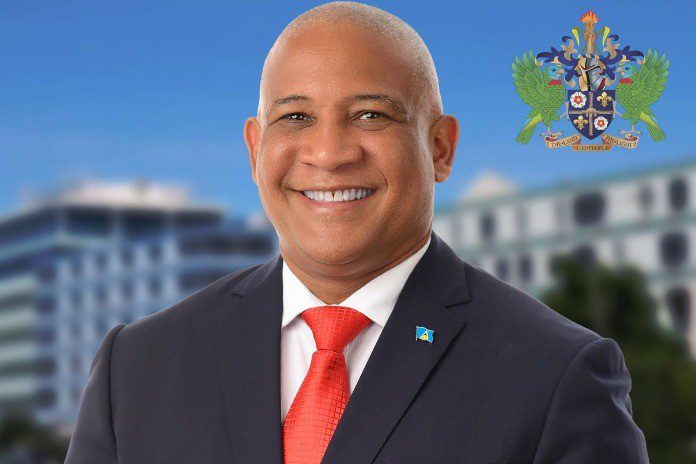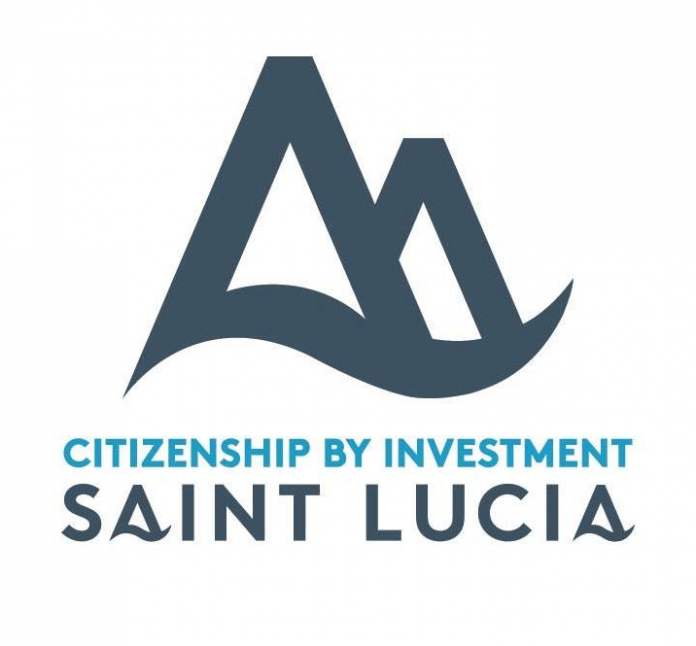By Caribbean News Global ![]()
TORONTO, Canada – Following the one-year overdue publication and presentation of the 2022/2023 annual report, Citizenship by Investment (CIP) programme, (2023/24 is overdue) via a minister statement in the sheltered comfort of the parliament of Saint Lucia in October, that buttress due diligence, CIP St Lucia on November 13, revoked one CIP passport – in a big deal effort to the blind and delusional.
The Statutory Instrument, 2024, No 157, that sealed the recent revocation was done long after all background checks and diligence were done and provided no adverse findings.
The observation about this outcome follows successive comments about due diligence and the classic standoff to profess no issues with CIP Saint Lucia.
“CIP St Lucia programme is anchored by robust due diligence processes at every stage and complemented by robust due diligence processes by the financial institutions involved in facilitating the CIP. […]
“There has not been one issue with our CIP programme. No one has raised any negatives regarding the due diligence of our programme. Our programme is now well poised to deliver infrastructure in the form of roads, community centres, and hotels to our people without increasing the national debt.” ~The budget address of 2024/2024.
Schizophrenia and delusional paranoia
“In exercise of the powers conferred under sections 38(1)(c) and 39 of the Citizenship by Investment Act, Cap. 1.20, the minister responsible for the Citizenship by Investment Programme makes this order – Citation 1. This Order may be cited as the Citizenship by Investment (Junjie Su formerly known as Haijin Su) (Revocation) Order, 2024. Exemption 2. The grant of citizenship to Junjie Su formerly known as Haijin Su is revoked, as in the opinion of the minister, Junjie Su formerly known as Haijin Su has committed an act which may bring Saint Lucia into disrepute. Made this 13 day of November, 2024.” ~ Ernest Hilaire, minister responsible for the Citizenship by Investment Programme.
The CIP citation cites the reasons for revocation as “committed an act,” and “may bring Saint Lucia into disrepute.” However, plausibly, may refer to the origin with little explanation to resign is past due.

In the defence of honest ineptitude and proactive intransigence, extracts from the minister’s statement in parliament referenced:
“40 percent increase in staff, bolstering the capacity of the due diligence, verification and accounts departments; there were of course challenges faced by the Unit.
“The due diligence processes were enhanced resulting in increased waiting for feedback. In addition, our key partners (banks, NIC, immigration department) also had to increase their resource allocation to deal with the increasing demand for their services.
“The processes and procedures in place at the Unit are the same as when the UWP was in government, except, we immediately discontinued the use of the Chinese due diligence firm they were using to review applications for citizenships. It was they who were using a Chinese due diligence firm.
“The Unit undertakes a rigorous due diligence process in relation to each Applicant with reputable due diligence firms from the United States of America and the United Kingdom who review the applicants and their backgrounds. The due diligence on the applicant is further undertaken by local law enforcement then by the JRCC which is an additional layer of due diligence shared by all five Caribbean CBI programs.
“[…] The change is that we do more due diligence.”
Dysfunctional national economies and sorely needed foreign investment
It is well known that the Caribbean CIP is an avenue for money launders, crooks, foreign spies, career criminals, the mafia enclave and simple bad acts looking for a new identity and a fresh start.
The enticement to easy access to real estate and to gain access to engaging in financial activities in the region, mostly free from detection and fear of being caught, points to weak dysfunctional national economies that have sorely needed foreign investment.
The low-risk fact also points to many Caribbean CIP passport holders and new citizens in large part, who have never been to the country that sold them citizenship.
The return of Donald Trump bears consideration for Caribbean CIP programmes and to boost investments. The flexibility to have multiple nationality/residencies is a necessity and a sign of richness, nowadays. It’s a valuable commodity to enhance mobility and business; and is an heirloom for future generations. CIP industry insiders note that Americans are becoming more aware of the new possibilities of CIP and citizenship by residency.
The upshot, however, is to curb Chinese influence in the Caribbean CIP region, operating on multiple doggy facades, enabled by crooked politicians.
US law enforcement may take a hard look at Chinese government-controlled private companies that dot the region, masked as private investment and independent companies – only to advance foreign governments’ hidden agendas.
The US national security policy will change, increasing political, economic, immigration and social influence in the Caribbean region.
The Memorandum of Agreement (MOA) signed on 20 March 2024 by the Prime Ministers of Antigua and Barbuda, Dominica, Grenada and Saint Kitts and Nevis’ and subsequently, Saint Lucia, is likely to expect a review from the Department of State.
Caribbean CIP and the Chinese influence have repercussions for the US, EU and UK immigration and economic overtones. The corruption, money laundering and fraud associated with these programs, are matters of US banking and foreign affairs interest , that are on the docket in US federal courts.
The RICO lawsuit has to-date exposed fraud, economic crimes threats and infiltration in the US banking system. The Caribbean region CIP and Chinese influence in the region with high-level cooperation of certain Caribbean leaders are under review, in the interest of US national security.
Statecraft and foreign policy
In the interim, vice-president of the Co-operative Republic of Guyana has expressed satisfaction with the nomination of United States Senator Marco Rubio for Secretary of State by US president-elect, Donald Trump, citing his familiarity with Guyana – Venezuela Border controversy which is now before the International Court of Justice (ICJ.
Dialogue with Venezuela, Cuba, Haiti and Latin America also share a common relation and the desire for resolution.
Three main areas will concern Caribbean relations with the US under Donald Trump’s presidency. These are, trade and aid; climate change and global peace and stability, explained Sir Ronald Sanders weekly column in Caribbean News Global (CNG).
Meanwhile, there is broad consensus that there should be an emergency summit of US and CARICOM leaders to discuss; trade and aid; climate change and global peace and stability; including Caribbean CIP, migration and re-migration, regional security and economic concerns.
Finding common ground on policy, and clear priorities is key to US-Caribbean relations. The statecraft and foreign policy that define the issues; and the strategies for engagement must integrate a change in substance.





